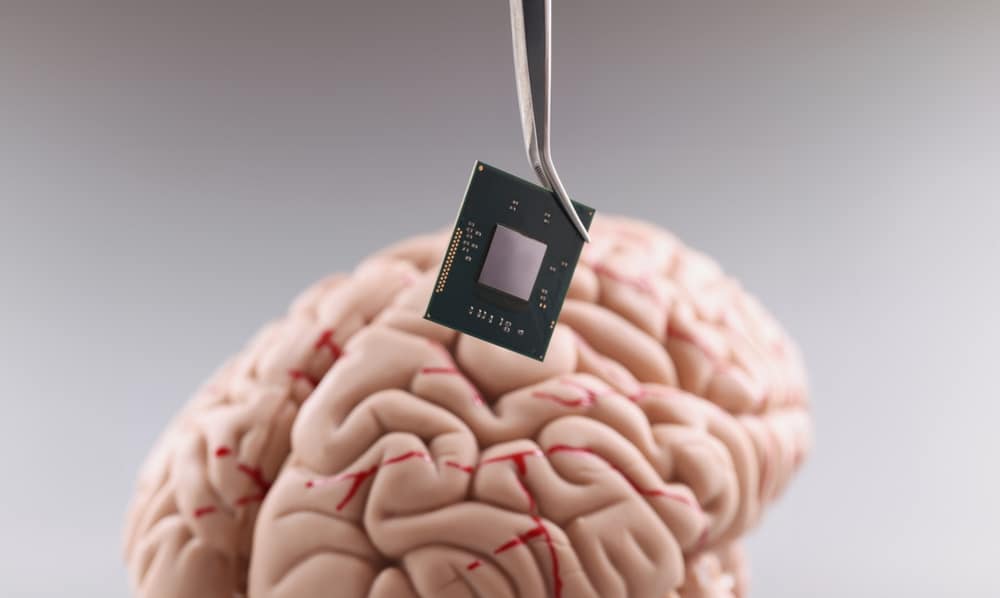Elon Musk on Monday announced that the first person has had a Neuralink microchip implanted into their brain. ‘The first human received an implant from @Neuralink yesterday and is recovering well,’ he wrote on X. ‘Initial results show promising neuron spike detection.’
The company aims to implant microchips into the brains of paralyzed people, and allow them to move their bodies using their thoughts.
Neuralink received Food and Drug Administration (FDA) clearance in May 2023 for its first trial to test the company’s implant in humans – a critical milestone for the startup. Until Sunday, the chips had only been implanted in monkeys and pigs.
Neuralink announced in September that it would soon commence a trial in humans, to evaluate the safety of its implant.
Details of the patient were not given, but Ashlee Vance, who wrote a 2015 biography, ‘Elon Musk: Tesla, SpaceX, and the Quest for a Fantastic Future’, wrote in a Bloomberg report that the ideal candidate for Neuralink’s first human trial was ‘an adult under age 40 whose four limbs are paralyzed’.
Vance explained that it would take a ‘couple of hours’ for a surgeon to perform a craniectomy and a further 25 minutes for the chip to be inserted by a robot into the area of the brain which controls the hands, wrists and forearms.
‘The goal is to show that the device can safely collect useful data from that part of the patient’s brain, a key step in Neuralink’s efforts to convert a person’s thoughts into a range of commands a computer can understand,’ Vance added. Vance said the implant would relay this information to a nearby laptop or tablet.
During the human trial, a robot developed by the company will surgically place the implants’ ‘ultra-fine’ threads that help transmit signals in participants’ brains, the company said.
Vance, who said he had visited Neuralink’s facilities 10 times in three years, also revealed how Musk had pushed his company to ward off the threat of similar brain-computer start-ups Synchron and Onward.
Both have already begun human trials, leading the billionaire to fume last year that the two companies were ‘currently kicking our a**’.
In response, he is said to have told Neuralink that it needed to pick up its pace ‘like the world is coming to an end’, according to Vance.
Reuters reported in June that the company was valued as high as $5 billion, based on private stock trades.
Neuralink has, however, been dogged by controversy in recent years, having sparked ethical concerns and drawn skepticism among neuroscientists and other experts.
Safety concerns meant the firm struggled for a while to gain the necessary approval for human trials, particularly with FDA.
Major issues involved the lithium battery of the device; the possibility of the implant’s wires migrating within the brain; and the challenge of safely extracting the device without damaging brain tissue.
The FDA later granted its approval in May but did not disclose how its initial concerns were resolved.
Despite the controversy, SpaceX and Tesla CEO Musk has grand ambitions for Neuralink, saying the company will facilitate speedy surgical insertions of its chip devices to treat conditions such as obesity, autism, depression and schizophrenia.
It could also allow for web browsing and telepathy.
However, even if the device proves to be safe for human use, it would still potentially take more than a decade for Neuralink to secure clearance to commercialize it, experts have cautioned.

















